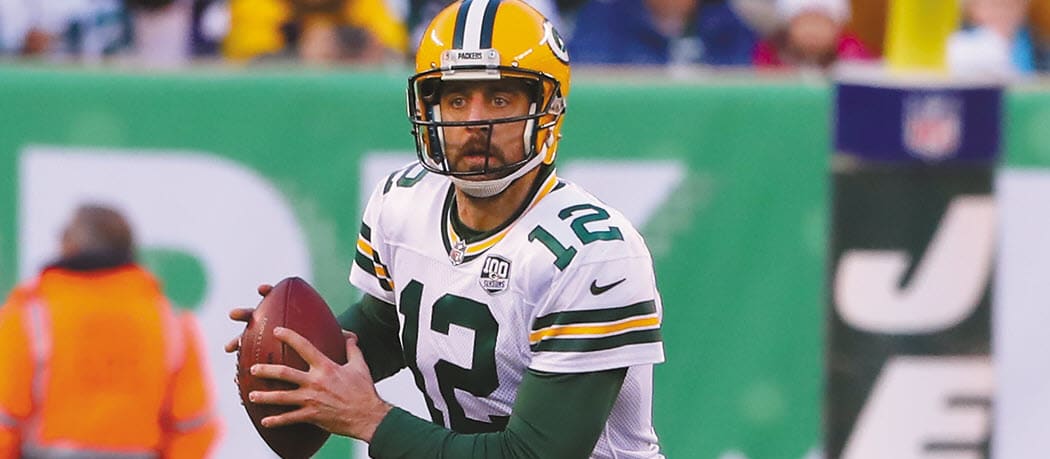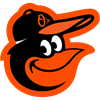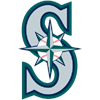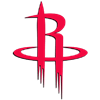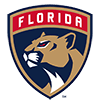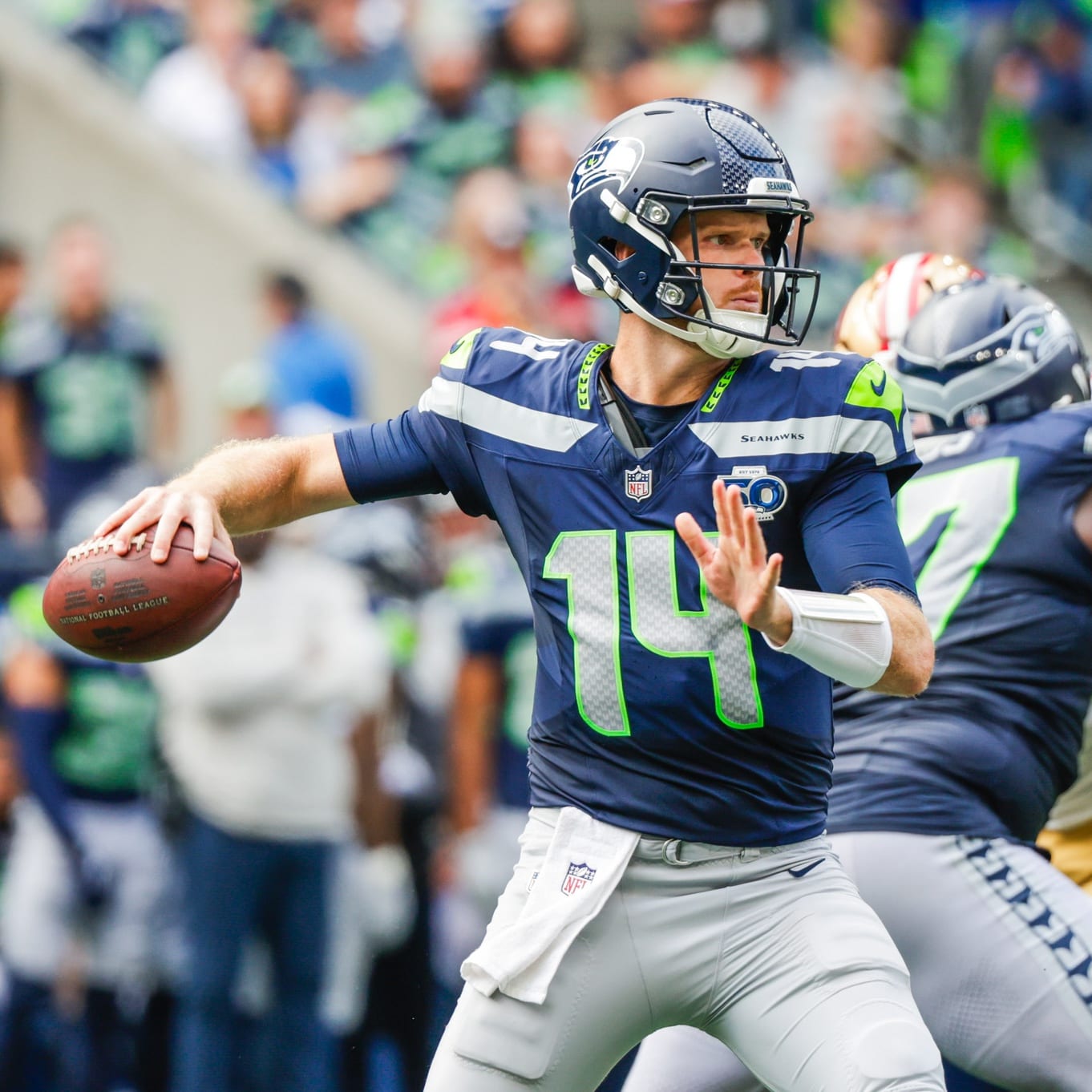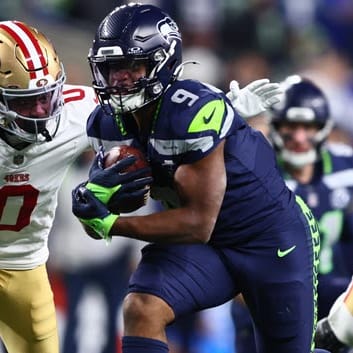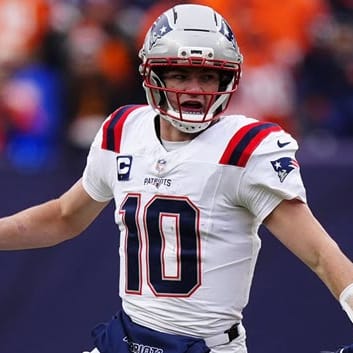Playing daily fantasy football is different than playing season-long fantasy football, and playing showdown/single-game daily fantasy football is different than playing classic slates.
Winning GPPs on a 12-game Sunday slate takes a few low-owned players who go off for big scores, but building lineups to maximize points isn't the whole story for showdown/single-game lineups. Obviously we need high scores, but with only two teams to choose players from, we are actually more concerned with lineup uniqueness than player uniqueness. Sure, getting a touchdown from a low-owned player to help propel you to the top of GPPs is always nice, but making sure you're not splitting a $10,000, $100,000 or $1 million top prize with 1,000 or 5,000 other entries is actually the priority.
Similar to big GPPs on DraftKings and FanDuel, our strategy should be to finish first, not to min-cash, which is often less of a return than just entering a double up. Why build lineups that finish in the top 20 percent but only get 1.5x or 1.67x returns when a double up, which only requires finishing in the top 55 percent, is 2x?
With that in mind, there is a population of daily fantasy players who will not multi-enter classic slate tournaments but will do so for showdowns/single games. And before you get all fired up about how it's so much easier to win GPPs with 150 entries, just know that it's absolutely impossible to account for all of the reasonable outcomes of a football game in
Playing daily fantasy football is different than playing season-long fantasy football, and playing showdown/single-game daily fantasy football is different than playing classic slates.
Winning GPPs on a 12-game Sunday slate takes a few low-owned players who go off for big scores, but building lineups to maximize points isn't the whole story for showdown/single-game lineups. Obviously we need high scores, but with only two teams to choose players from, we are actually more concerned with lineup uniqueness than player uniqueness. Sure, getting a touchdown from a low-owned player to help propel you to the top of GPPs is always nice, but making sure you're not splitting a $10,000, $100,000 or $1 million top prize with 1,000 or 5,000 other entries is actually the priority.
Similar to big GPPs on DraftKings and FanDuel, our strategy should be to finish first, not to min-cash, which is often less of a return than just entering a double up. Why build lineups that finish in the top 20 percent but only get 1.5x or 1.67x returns when a double up, which only requires finishing in the top 55 percent, is 2x?
With that in mind, there is a population of daily fantasy players who will not multi-enter classic slate tournaments but will do so for showdowns/single games. And before you get all fired up about how it's so much easier to win GPPs with 150 entries, just know that it's absolutely impossible to account for all of the reasonable outcomes of a football game in 150 lineups. That said, DraftKings' $2.5M Kickoff Thursday Millionaire GPP, which costs $10 per entry and pays $1 million to first place, has 294,100 entries (150 max), while FanDuel's $2.3M NFL Thursday Million, which also pays $1 million to first place, has 304,232 entries (150 max) at $9 a pop. (And if you're curious, DraftKings will pay out the top 62,500 entries, with those finishing 22,501-62,500 earning $5 — $15 back from their $10 entry — while FanDuel will pay out the top 80,000, with entries 40,001-80,000 earning $3 — $12 back from their $9 entry. In other words, you need to finish in the top 21.25 percent to min-cash on DraftKings and 26.30 percent on FanDuel.) Those are obviously not the only tournaments that are offered, and there are always cash games, but those milly makers will always get the most attention.
Now that we have those particulars out of the way, the 2019 NFL season opener between the Packers and Bears gives us an opportunity to celebrate the 100 years they've beaten each other up while also not having to deal with the defending champion New England Patriots on the first slate of the season. The Bears come in as three-point home favorites, and the 46.5-point total on FanDuel Sportsbook as of Tuesday is the eighth highest of Week 1, a half-point behind Lions vs. Cardinals and a half-point ahead of Giants vs. Cowboys and Redskins vs. Eagles. The difference between the two latter games is that their spreads are 7.0 and 9.5, respectively, which would make showdown lineups that emphasize the favorites make more sense. Overall, Packers vs. Bears isn't expected to be that highly scoring where we would see lots of players put up big fantasy scores, and the game should be close enough where it may make sense to have exposure to both teams.
If you haven't heard the name Adam Shaheen before, it's time to learn it because he could be a very popular player on both sites Thursday. Bears starting tight end Trey Burton not only underwent offseason sports hernia surgery, but he also suffered a mild groin strain that has him limited in practice this week, a situation that could push Shaheen into the starting lineup. Shaheen is a small-sample darling, as he has an 85 percent catch rate while averaging 8.8 yards per target in his two seasons in Chicago; unfortunately, his totals tell the sample story, as he caught 17 of 20 targets for 175 yards and four touchdowns in 19 games, including just five catches for 48 yards and one touchdown in six games last year, a season derailed by ankle and foot injuries. This is already more information than you need for a Bears backup tight end, but at only $400 on DraftKings and $5,000 on FanDuel, his salary is extremely helpful in allowing us to roster more higher-salary players. There are obviously plenty of cheap players, but none have as clear of a path to regular snaps.
Given the way these offenses operate, quarterbacks Mitchell Trubisky and Aaron Rodgers figure to be popular, as starting quarterbacks usually are in single-game slates, especially in matchups that are expected to be close and not low-scoring. Depending on what you think about the game, captaining either quarterback will certainly not be a unique move, though they're the right call if they end up being the highest-scoring players on the slate. Belief in either passing attack puts Trubisky and Rodgers in the captain/MVP conversation, though Packers wide receivers are fairly unproven other than Davante Adams, who is the most expensive player on DraftKings and the second most on FanDuel. There is little doubt that Rodgers will target Adams frequently, and especially in the red zone, and DraftKings' full point-per-reception scoring could make Adams more valuable than Rodgers if he gets a big enough target share.
Because of that, you could justify playing Adams instead of Rodgers, either in the captain/MVP spot or just in the regular roster. The difficulty in pricing is that if you try to roster both Adams and Rodgers in an effort to get a majority of the Packers' passing game, you're really hamstringing yourself in terms of salary, with the two accounting for 62.6 percent of the DraftKings salary cap with Adams captained, and 62.4 percent with Rodgers in the top spot. And while it's not quite as drastic on FanDuel because there is no salary multiplier for the MVP spot, rostering both Rodgers and Adams takes up 50.8 percent of the salary cap. Can you see why Shaheen is going to be a popular pick?
The Chicago passing attack isn't expected to be as tight, with Allen Robinson the likely leader with contributions from guys like Taylor Gabriel, Anthony Miller and, hopefully, Shaheen. Given multiple options with no dominant No. 1 like Adams, rostering Trubisky as the exposure to the Chicago passing game makes sense. That isn't to say taking Trubisky alone is the way to go, but we don't have a situation like Rodgers and Adams when it comes to the Bears. In fact, partnering Trubisky with his receivers will be the way plenty of DFS players go, grouping him together with a combination of his wideouts — and let's not forget about Cordarrelle Patterson or Riley Ridley — among those who are multi-entering. We'll obviously see some Rodgers lineups without Adams too, with the hope that Rodgers has a big game along with Geronimo Allison and/or Marquez Valdes-Scantling, with Jimmy Graham for those who think we're still in 2013.
Then again, there is an expectation that the Packers will run the ball more this season, which obviously puts Aaron Jones in the conversation. His $13,000 price on FanDuel makes him tough to fit with Rodgers and/or Adams, and while he's certainly expensive on DraftKings ($9,200), it's slightly easier to work with. If you believe the Packers can get out to an early lead and then try to milk the clock in the second half, Jones should certainly get some captain/MVP consideration and could be played instead of Rodgers. A combination of Adams and Jones seems to make the most sense for those who don't want to roll with Rodgers but still want exposure to the Packers' offense. Jamaal Williams could also theoretically be an option for those willing to go deeper on the depth chart, but taking a backup running back for upside is shortsighted since so much has to go right for him to really hit it big enough to take down a GPP; that's why fliers on a cheap wideout like Jake Kumerow ($600 on DraftKings and $5,000 on FanDuel), who could score a long receiving touchdown on a single snap, make more sense.
The Chicago running back situation is a little different, as rookie David Montgomery is expected to be the lead back, but pass-catcher Tarik Cohen is always viable, more so on DraftKings because of the full PPR. Cohen has been a hit-or-miss DFS play because of his ability to break long plays on his somewhat limited touches, while Montgomery's activity will come much more on carries that don't generate any additional points. Complicating matters is the presence of Mike Davis, who seems more likely to take carries away from Montgomery than targets from Cohen. Pairing Cohen and Montgomery together seems counter-productive in this type of game, especially since you're not really benefiting from a drop in salary for either player. Davis does provide that a bit, but he also has the lowest floor and ceiling of the group.
We also can't forget about the defenses (at least on DraftKings) and kickers, even if they aren't the most fun to play. The Bears' defense/special teams was an elite fantasy unit last season, accounting for a league-high six touchdowns, one safety, 27 interceptions (first in the NFL), 50 sacks and nine fumble recoveries while allowing a league-low 27 touchdowns. It's worth noting that we don't want to focus too much on points allowed, as the difference between giving up 13 and 27 points is only four fantasy points, a difference that is made up with two interceptions or four sacks.
And speaking of sacks, only four quarterbacks in the NFL were sacked more than Rodgers last year and only two teams piled up more sacks than the Bears. Obviously there were moves in the offseason that won't keep those stats level in 2019, but we have a Bears defense up against a quarterback with a history of getting sacked. And while the Packers defense is much improved personnel-wise, there isn't a lot to expect in Week 1, with the biggest reasons to consider it being that it is cheap and likely to be low owned.
And speaking of cheap and low owned, kickers Mason Crosby and Eddy Pineiro qualify for both on DraftKings, though they are difficulty priced on FanDuel for a game that isn't expected to be that low scoring. Crosby's $9,500 salary on FanDuel is the same as Allison and $500 less than Valdes-Scantling, while Pineiro's $8,500 puts him up against backup wide receivers, running backs and tight ends. He probably has a better floor than the players in his salary range, but the GPP upside isn't expected to be there.
Looking for more help with showdowns/single-games? Check out our podcast from Scott Jenstad and Andrew Laird breaking down strategies for lineup building and captain selections.


